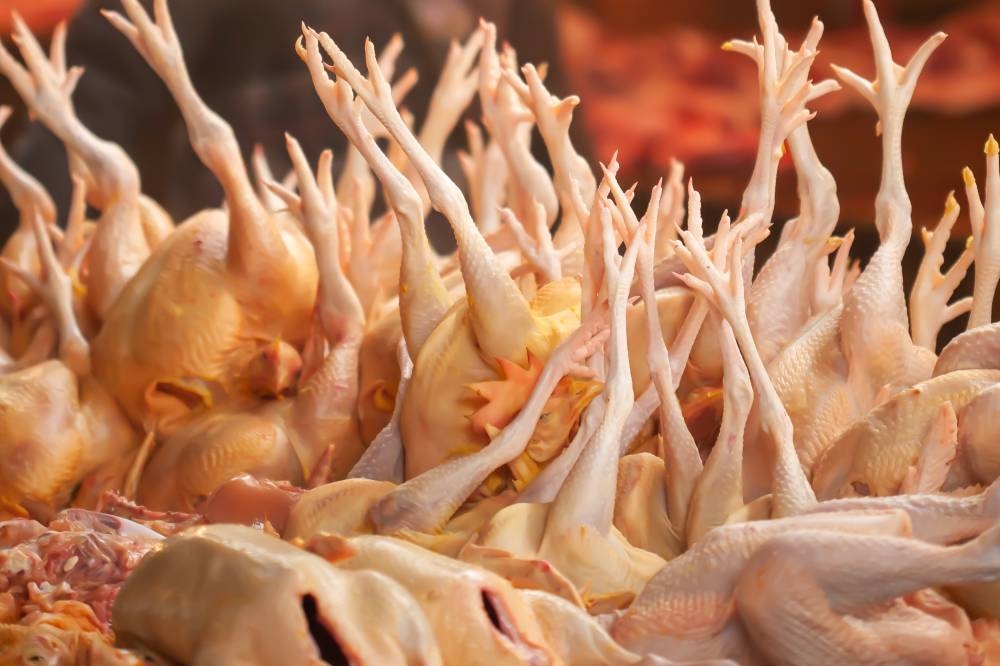Chicken, eggs prices could rise 11.9 per cent, 35.6 per cent without subsidies - academician
14 Jun 2023 06:36pm

Prices of eggs are expected to increase to RM0.61 each compared to RM0.47 currently. Photo from 123RF
Dr Elya Nabila Abdul Bahri, senior lecturer at the Faculty of Business and Economics, Universiti Malaya, said without the subsidies, the price of chicken is expected to increase on average to RM11.65 per kilogramme (kg) compared to the set retail ceiling price of RM9.40 per kg, while gred A eggs are expected to increase to RM0.61 each compared to RM0.47 currently.
”This can happen if the producers want to maintain a profit margin of 20 per cent considering that the cost of an egg, according to the Department of Statistics Malaysia, is RM0.58, which has exceeded the set ceiling price," she told Bernama when contacted.
Therefore, she said the government's move to continue providing the subsidies was seen as a good and necessary step to reduce the burden of rising cost of living in the short term and maintain well-being in line with the Malaysia MADANI principle.
UniKL Business School Economic analyst Assoc Prof Dr Aimi Zulhazmi Abdul Rashid said the government is helping the people by providing subsidies of RM200 million a month to balance prices.
"Without food and fuel subsidies, Malaysians will definitely be more unhappy with the price of the same goods being more expensive than in Southeast Asian countries.
"The government also needs to have a targeted subsidy strategy because the price of every essential item is difficult to maintain due to many beyond control factors including global factors such as world crude oil prices, geopolitical crisis and so on.
"Therefore, the government should streamline the Central Database Hub (PADU) system, which is seen as the best effort in coordinating, collecting and processing accurate data so that the targeted subsidies can be implemented effectively," he said.
Senior lecturer at the Faculty of Economics and Muamalat, Universiti Sains Islam Malaysia Dr Muhammad Iqmal Hisham Kamaruddin said the government also needs to look at a more sustainable long-term mechanism by increasing local chicken and egg production to balance the current domestic demand.
"In addition, the production of chicken feed needs to be intensified to accommodate the increase in the farming volume. This will reduce the import cost of feed which also contributes to the increase in the price of chicken and eggs.
"Farmers can also diversify their sources of income by increasing the scale of farming to obtain a competitive profit margin," he said.
Iqmal said a consortium initiated by the government needed to be set up to achieve economies of scale to reduce farming costs as much as possible.
Meanwhile, a martabak seller Azhari Md Saad, 48, said that although the government has set the retail ceiling price for standard processed chicken at RM9.40 per kg, there are sellers who sell them up to RM10 per kg.
"I can't imagine if the government doesn't continue these subsidies, maybe prices will skyrocket. As a trader, I can get a special price, but for ordinary people (public) there are dealers who sell at a price of RM10 and up to RM11," he said.
On Friday, Prime Minister Datuk Seri Anwar Ibrahim announced that subsidies for chicken and eggs would continue and would not end on June 30. -Bernama
Download Sinar Daily application.Click Here!














